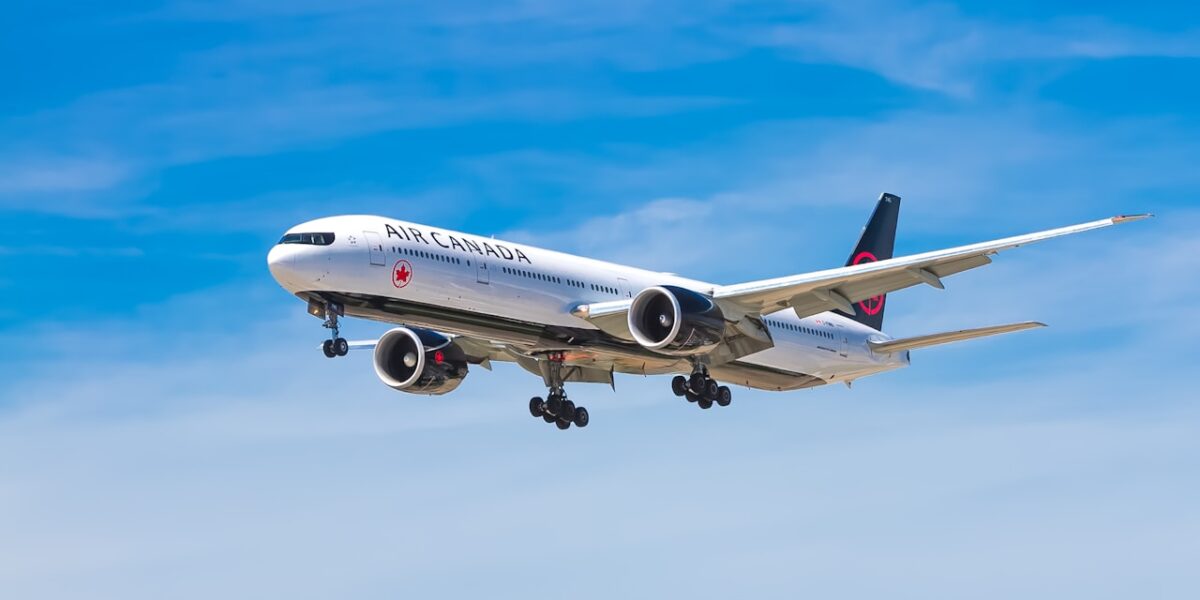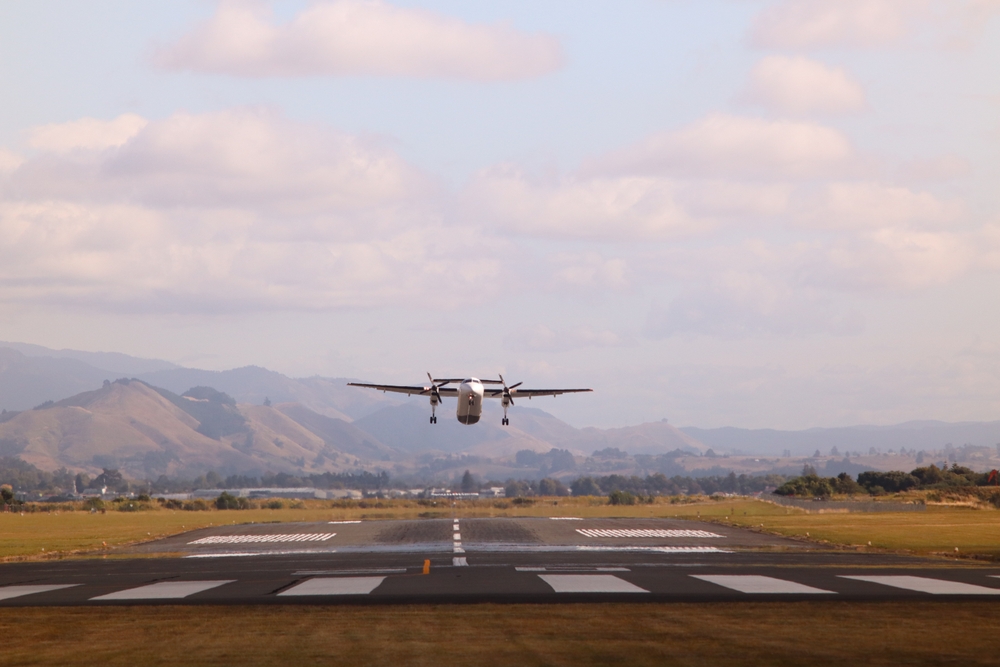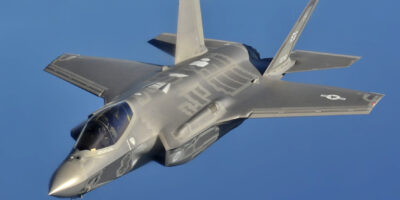Boulder Airport: A Local Hub for Aviation Enthusiasts
Boulder Municipal Airport, located in Boulder, Colorado, is a small yet significant regional airport. It has been serving the community and supporting general aviation activities since its inauguration in 1928. Nestled near the foothills of the Rocky Mountains, it offers stunning views and a convenient location for both pilots and visitors.

Historical Background
The airport was originally established to meet the needs of the growing aviation sector in the early 20th century. Since then, it has played a role in both civilian and military aviation training. During World War II, it was used to support military pilot training programs, which brought further development and recognition to the facility.
Facilities and Services
Boulder Municipal Airport is equipped with essential facilities catering to general aviation. It features a single asphalt runway, 8/26, which measures approximately 4,100 feet in length. This makes it suitable for small to medium-sized aircraft.
- Runway 8/26: 4,100 by 75 feet
- Taxiways and parking areas
- Fuel services: self-service avgas and jet fuel
- Hangars and tie-down spaces
- Maintenance services.
Pilot and Visitor Amenities
The airport offers a range of amenities designed to meet the needs of pilots and visitors alike. A fixed-base operator (FBO) on-site provides fueling, flight planning assistance, and other essential services. The terminal building offers a comfortable waiting area, restrooms, and vending machines.
Flight Schools and Training
Boulder Airport is home to several flight schools that provide pilot training from private pilot licenses to advanced certifications. These schools offer a variety of programs to suit different needs, whether you’re a novice flyer or looking to advance your skills. Training in this scenic environment is an added bonus, with the backdrop of the Rocky Mountains providing a stunning view.
Recreational Aviation
Recreational aviation is a significant part of Boulder Airport’s charm. Many aviation enthusiasts come here to enjoy the thrill of flying in a picturesque setting. Activities such as gliding, hot air ballooning, and aerial sightseeing are prevalent, attracting both locals and tourists.
Accessibility
Located just 3 miles northeast of downtown Boulder, the airport is easily accessible via local roadways. The area around the airport is well-developed, with ample parking spaces for visitors. For those flying into Boulder, the airport provides convenient access to the city’s attractions, business centers, and natural parks.
Environmental Considerations
As part of Boulder’s commitment to sustainability, the airport employs various environmentally-friendly practices. These include noise abatement procedures, energy-efficient facilities, and initiatives to minimize the impact on the surrounding natural areas. These efforts ensure the airport operates responsibly within the community.
Community Involvement
Boulder Municipal Airport actively engages with the local community. The airport hosts annual events such as fly-ins, air shows, and educational tours. These events help foster a positive relationship between the airport and Boulder residents, promoting a shared interest in aviation.
Economic Impact
Despite its small size, Boulder Airport contributes to the local economy. It supports jobs in aviation services, flight training, maintenance, and related sectors. By attracting visitors and aviation businesses, the airport helps stimulate economic activity in the region.
Future Developments
Plans for future development at Boulder Airport aim to enhance its facilities and services. Proposed projects include runway improvements, additional hangar space, and upgraded navigation equipment. These efforts will help accommodate the growing demand for general aviation services while maintaining safety and efficiency.
Regulations and Safety
Like all public airports, Boulder Municipal Airport adheres to stringent regulations and safety standards. The Federal Aviation Administration (FAA) oversees operational protocols to ensure the safety of aircraft and passengers. Regular inspections, maintenance, and training programs are implemented to uphold these standards.
Boulder Airport stands as an important asset to the local community and the wider aviation network. It offers essential services, fosters aviation education, and supports recreational flying, all while maintaining a commitment to sustainability and safety.



